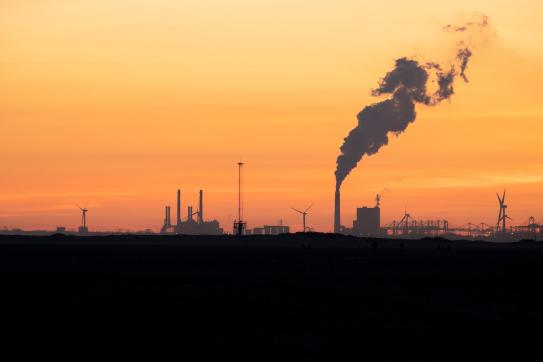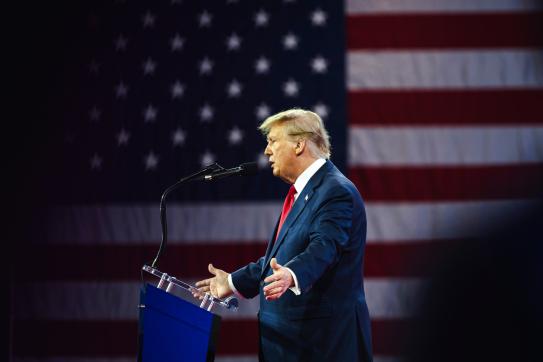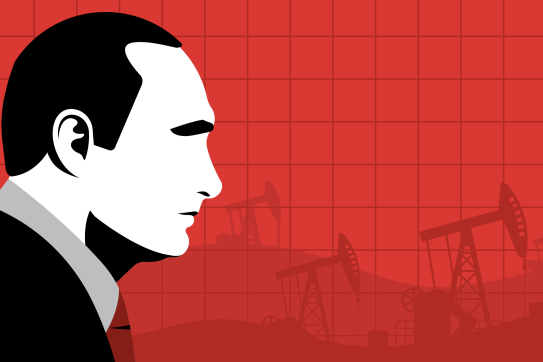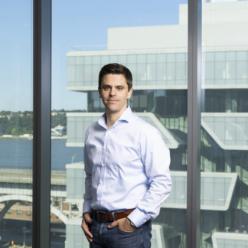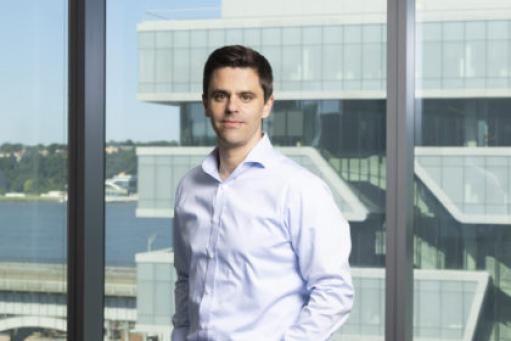The Right Response to China’s Electric-Vehicle Subsidies
While the availability of cheap electric vehicles is good news for the planet and for consumers everywhere, it is bad news for shareholders and employees of Western car companies, and both the United States and Europe are considering imposing import tariffs on Chinese EVs. But tariffs are the wrong approach.


